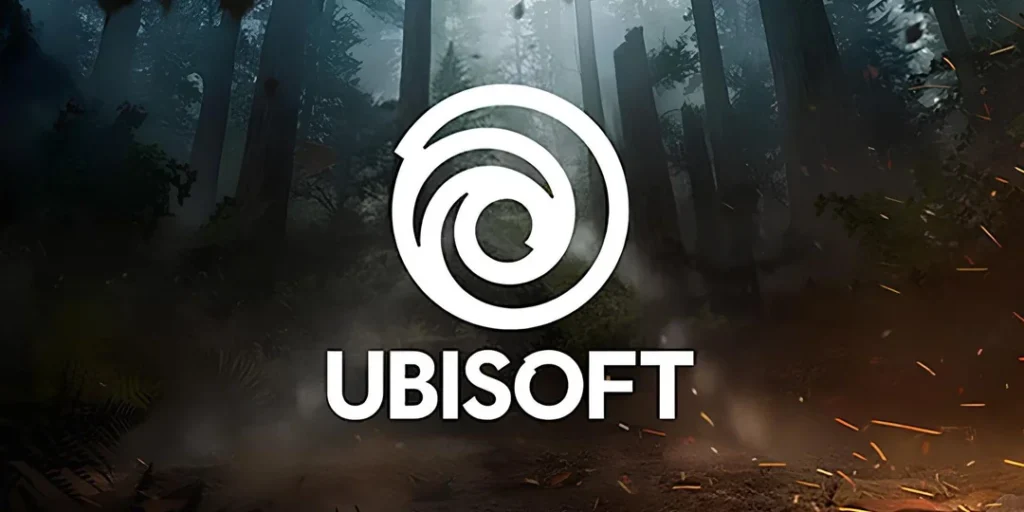
Ubisoft recently claimed that microtransactions can improve the player experience—even in full-priced, premium single-player games. This statement, unsurprisingly, has stirred controversy among fans, especially those who feel these practices diminish the integrity of AAA gaming.
Microtransactions are no longer exclusive to free-to-play titles. In fact, they have become a defining feature of modern gaming. A recent report revealed that in 2024, 58% of total PC game revenue came from in-game purchases, with Fortnite, Roblox, and Call of Duty: Black Ops 6 dominating the charts.
However, what sets Ubisoft apart is its persistent inclusion of microtransactions in paid, story-driven games—a move that continues to frustrate many players.
Ubisoft’s Justification
In its latest annual financial report, Ubisoft CEO Yves Guillemot explained the company’s rationale behind the continued use of microtransactions, even in premium experiences.
“They make the player experience more fun,” Guillemot stated.
“Players can personalize their avatars or progress more quickly.”
He emphasized that these purchases are “always optional,” suggesting that players uninterested in paying extra can simply ignore them.
The full report can be read here (PDF), with coverage also reported by GamesRadar.
Fan Backlash and Controversy
This explanation hasn’t sat well with much of the community. While personalization and fast-tracking progression may sound appealing on paper, critics argue that these features should be earned through gameplay—not purchased.
In games like Assassin’s Creed Valhalla, Ubisoft sold XP boosts, which many saw as a paywall to skip grindy mechanics deliberately designed to push players toward spending. The backlash was severe, and it remains a sore point for longtime fans.
Gamers have voiced their frustration online, with one viral X (formerly Twitter) post summarizing the sentiment:
“Games should be fun because of gameplay, not because you paid to avoid it.”
Personal Take: Don’t Monetize Fun in AAA Story-Driven Games
From a gamer’s perspective—and certainly mine—microtransactions have no place in AAA or story-based games. These are experiences meant to be immersive and self-contained. When publishers start carving out features and attaching price tags to them, the magic of discovery and progression is lost.
Let’s be real—when players pay full price for a premium game, they shouldn’t be prompted to spend more to enjoy it properly. That’s not fun; that’s frustrating.
Ubisoft’s stance is clear: microtransactions are here to stay. Whether they’re optional or not, the company believes they enhance the overall experience. But as many players will argue, true fun doesn’t come with a microprice tag—it comes from good design, engaging stories, and rewarding gameplay.